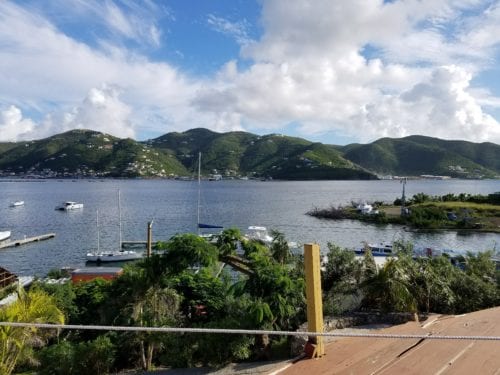
Report | 2019
The British Virgin Islands Resilient National Energy Transition Strategy
Insight Brief and Full Report
On September 6, 2017, the BVI took a direct hit from Hurricane Irma—a Category 5 hurricane. On September 19, less than two weeks later, the BVI was hit by Hurricane Maria—also a Category 5 storm. The two hurricane events caused widespread destruction across the BVI and tragically led to numerous deaths. While processing their own personal losses due to the storms, local leaders stepped in to guide the BVI through the initial days and weeks, using crucial external support to provide food, water, and shelter to those in need while restoring electricity service where possible.
Leaders in the BVI recognized an opportunity to rebuild in a new and different way. In response, local stakeholders developed the Resilient National Energy Transition Strategy (R-NETS) while demonstrating clear leadership in defining and advancing their own energy transition and providing a blueprint for other communities and countries. The destruction from the storms created the opportunity to accelerate the transition of the electricity system to harness the islands’ resources and reflect residents’ priorities. The BVI saw the value of a whole-systems approach with multiple key stakeholders involved and embarked on the R-NETS process to pursue an integrated approach to energy and resilience planning.
Clicking the download button on this page will provide the full BVI R-NETS report, and an insight brief that gives an overview of the R-NETS and several unique aspects of the process, as well as what it means for the BVI—focusing on key takeaways that can inform similar efforts for integrated energy and resilience planning in other locations.